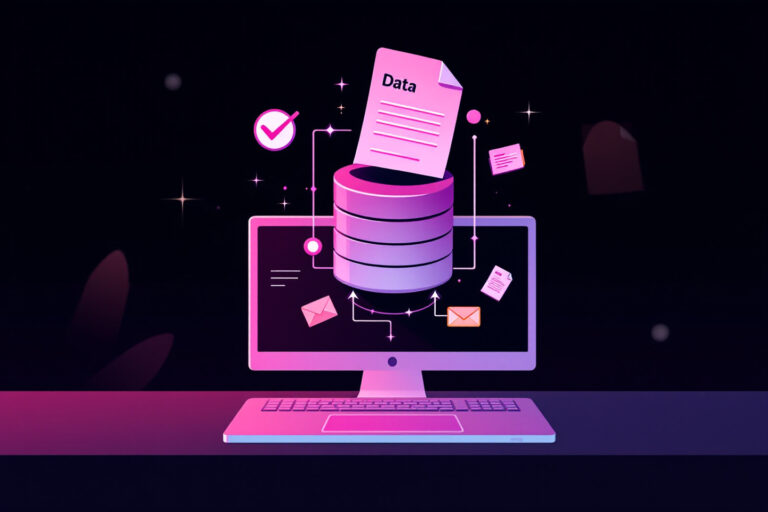Smart Choices in AI Marketing: A Decision-Maker’s Guide

Smart Choices in AI Marketing: A Decision-Maker’s Guide
Let’s face it – if you’re running a small or medium-sized business today, you’ve probably heard the buzz about AI in marketing. Maybe you’re excited about its potential, or perhaps you’re feeling overwhelmed by all the options. I’ve been there, and I’m here to help you navigate this landscape with practical, down-to-earth advice that actually works for businesses like yours.
Strategic Implementation
Resource Management
Think of implementing AI like learning to swim – you don’t jump into the deep end first. I’ve seen too many businesses burn through their budgets trying to do everything at once. Instead, start with one or two tools that directly address your biggest pain points. Maybe it’s automating your email responses or streamlining your social media posts. Research shows that this measured approach leads to better outcomes and more sustainable growth.
Human Oversight
Here’s something I can’t stress enough: AI is your assistant, not your replacement. I’ve witnessed countless success stories where businesses found the sweet spot between automation and human touch. Your team’s expertise in reviewing AI-generated content, maintaining your brand’s unique voice, and building genuine customer relationships is irreplaceable. As marketing experts note, it’s this human element that turns good campaigns into great ones.
Key Applications
Marketing Automation
AI has the power to streamline a variety of marketing operations, from email campaigns and social media management to ad placements and content creation. For SMEs, leveraging AI in marketing automation means more targeted customer segmentation and optimized content, ensuring that marketing efforts reach the right audience at the right time. Mailmodo’s guide highlights how AI can make marketing efforts both more efficient and economically scalable.
Customer Experience
Improving customer interactions through AI tools can significantly enhance the customer experience. Features like 24/7 chatbot support, personalized communication, and automated response systems not only streamline customer service but also provide valuable insights through customer data analysis. Adam Fard’s insights into AI application showcase how these technologies create more engaging and satisfying customer experiences.
Challenges and Considerations
Technical Aspects
Integrating AI into existing systems poses several technical considerations, such as data quality, compatibility, and the need for expertise. SMEs must assess their current infrastructure and determine whether they can support AI technologies without significant overhauls. Adam Fard’s blog also discusses the importance of having the right data quantity and quality for effective AI marketing strategies.
Legal and Ethical Considerations
Navigating the legal and ethical landscape is crucial when implementing AI. Issues such as data protection compliance, privacy regulations, and intellectual property rights must be addressed. Additionally, businesses must ensure their AI systems are free from biases and transparent in their operations to maintain trust and integrity. Michalsons’ comprehensive overview of challenges and considerations for SMEs with AI delves into these aspects in detail.
Risk Management
Quality Control
Implementing safeguards to mitigate risks associated with AI-generated inaccuracies, loss of personal touch, over-dependence on automation, and potential bias in AI outputs is critical for maintaining the quality of marketing efforts. According to Sachs Marketing Group, viewing AI as a tool to enhance rather than replace human efforts is vital in preserving authenticity and fostering personal connections with customers.
I’ll leave you with this thought: AI in marketing isn’t about replacing the human element – it’s about enhancing it. From my experience working with numerous B2B companies, those who succeed with AI are the ones who view it as a tool to amplify their team’s capabilities, not replace them. As you begin or continue your AI journey, remember that every business’s path is unique. Take what works for you, leave what doesn’t, and always keep your customers’ needs at the heart of your decisions.
